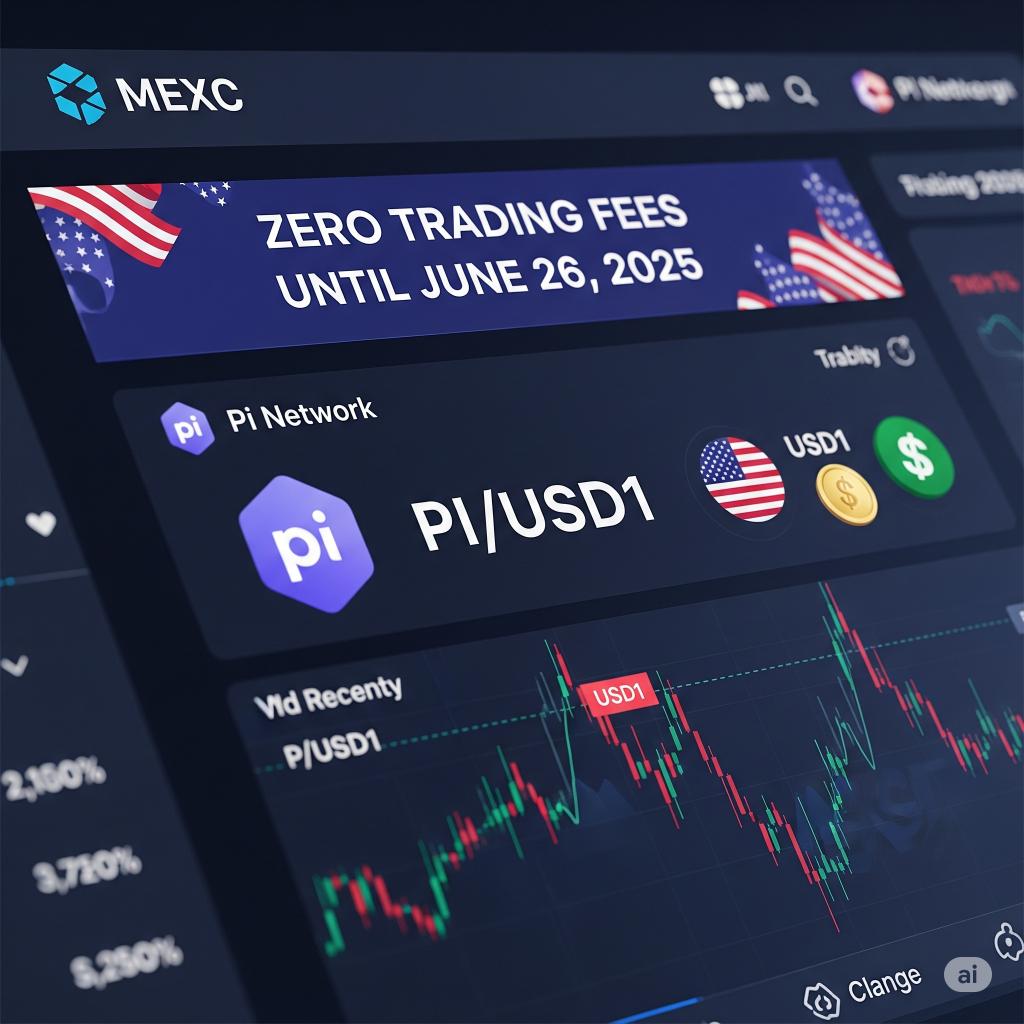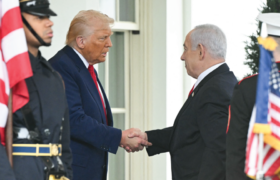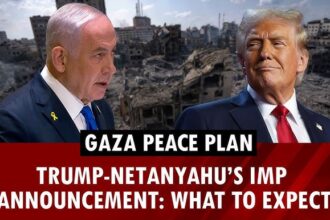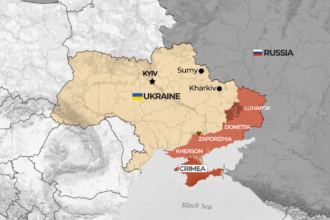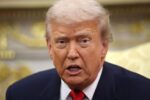In a statement that has sparked widespread debate, former U.S. President Donald Trump expressed concern for the civilians of Gaza, saying:
“I want the people of Gaza to be safe … I want to see safety for the people of Gaza. They’ve gone through hell.”
The remarks come just days after Trump approved a $510 million arms deal with Israel, fueling a renewed wave of criticism and questions about U.S. policy consistency in the Middle East—particularly in light of ongoing violence in Gaza.
Context: A Region in Turmoil
The Gaza Strip, home to over 2 million Palestinians, has faced relentless conflict and humanitarian crises over the past decades. In recent months, the situation has worsened significantly, with Israeli military operations and internal blockades escalating casualties, injuries, and displacement of civilians.
According to Gaza’s Health Ministry, thousands have been killed or injured since the conflict re-intensified. Entire neighborhoods have been reduced to rubble, medical systems are overwhelmed, and access to food, water, and electricity has been severely restricted.
In this volatile context, Trump’s words drew global attention—particularly because they followed a major arms transaction.
The $510M Arms Deal with Israel
Just days before his remarks about Gaza, Trump approved a significant $510 million weapons deal with the Israeli government. While the specifics of the package have not been fully disclosed, insiders report it includes advanced munitions, precision-guided bombs, and air defense support systems.
The deal has been described by pro-Israel figures as part of Washington’s longstanding commitment to Israeli security. Critics, however, argue that the timing contradicts Trump’s stated concern for Gaza’s civilian population.
“This isn’t diplomacy—it’s duplicity,” said a senior analyst at a Middle East policy think tank. “You can’t arm one side of a conflict while claiming to care about the innocent lives caught in it.”
Trump’s Statement: Humanitarian or Political?
In an interview, Trump said he was “deeply moved” by the images coming out of Gaza and reiterated that he does not want to see innocent people suffer. He also emphasized that “peace in the region depends on strong leadership and smart negotiation.”
Yet, many questioned whether the remarks were politically motivated, especially as Trump ramps up campaign efforts for the upcoming U.S. elections. The Palestinian-American community and several human rights organizations criticized the comments as “hollow,” given the direct link between U.S. military aid and Israel’s ongoing operations.
Public & International Reaction
Reactions to Trump’s comments were mixed across political and international spectrums.
🇵🇸 Pro-Palestinian activists called the statement “insulting,” saying real concern would involve a suspension of arms deals and more active calls for ceasefire.
🇮🇱 Pro-Israel voices welcomed Trump’s continued military support but remained silent on his comments about Gaza civilians.
🇺🇳 Human rights groups urged Washington to reassess its role in the conflict, pointing to U.S.-supplied weapons being used in civilian areas.
🇺🇸 American voters, especially those from Arab and progressive communities, responded online with calls for consistency and accountability in U.S. foreign policy.
The Bigger Picture: U.S. Policy & Middle East Peace
This moment has once again thrown light on the delicate and often contradictory role the U.S. plays in the Israeli-Palestinian conflict. While successive administrations have pledged support for peace and humanitarian relief, the U.S. remains the largest arms supplier to Israel.
Analysts argue that without a strategic shift that includes diplomacy and accountability, words of sympathy ring hollow when followed by weapon shipments.
Trump’s statement on Gaza is a reminder of the complex, often conflicting intersections of humanitarian concern, political strategy, and defense economics. Whether his remarks will translate into action or policy changes remains to be seen.
But one thing is clear: as long as civilians suffer in Gaza and weapons continue to flow, the world will keep questioning the true priorities behind American foreign policy.
